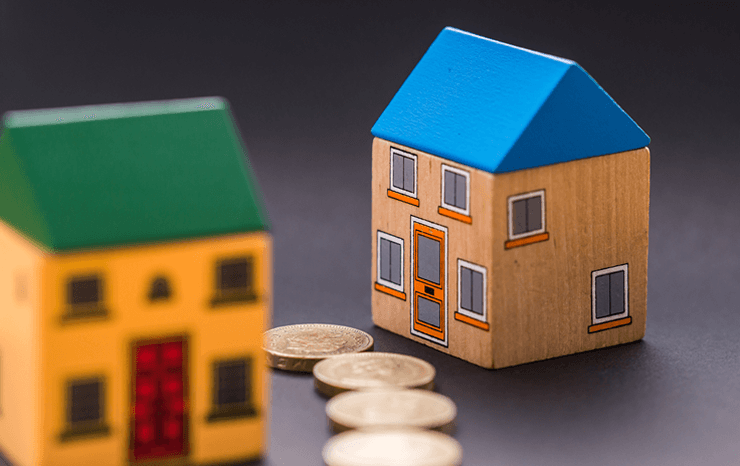Average house prices have risen by almost £50,000 in two years, the building society said, with August the tenth consecutive month that annual house price growth has been in double digits. Prices rose by 0.8% month on month, the thirteenth successive monthly increase. The average price of a property now stands at £273,751.
Robert Gardner, Nationwide’s chief economist said: “There are signs that the housing market is losing some momentum, with surveyors reporting fewer new buyer enquiries in recent months and the number of mortgage approvals for house purchases falling below pre-pandemic levels. However, the slowdown to date has been modest, and combined with a shortage of stock on the market, has meant that price growth has remained firm.”
The building society said it expects the market to slow further as the cost of living crisis deepens, and if the Bank of England continues to raise interest rates as expected.
Period properties hardest hit by energy price rises
Homeowners aren’t only feeling the impact of higher mortgage rates but must also manage soaring energy costs too.The energy price cap is set to rocket by 80% in October, which means a typical household will pay £3,545 a year for their gas and electricity.
However, costs will be much steeper for those living in properties which aren’t energy efficient. Nationwide looked at the impact of rising energy costs on average bills for properties with different energy efficiency ratings, as reported on energy performance certificates. It found that under the current price cap the most energy efficient properties (those rated A-C) pay £1,700 per year, whilst the least efficient (those rated F-G) typically see bills over twice as high at around £3,900 a year.
Mr Gardner said: “As things stand, from October, average bills for D-rated properties (the most common type) are set to rise by just over £1,250 a year, even after taking account of the government’s £400 discount.
“Those in properties rated A-C will see average bills increase by nearly £1,000 a year (or over £80 per month). E-rated properties will see an increase of over £1,700 per year (c. £150 per month), whilst those in the least energy efficient properties (F/G) face a staggering £2,700 rise (£225 per month).”
According to Nationwide, incentivising homeowners to make energy efficient home improvements, such as loft and cavity wall insulation and solar PV installations, could help limit bill increases and help the UK meet its carbon emissions targets.

